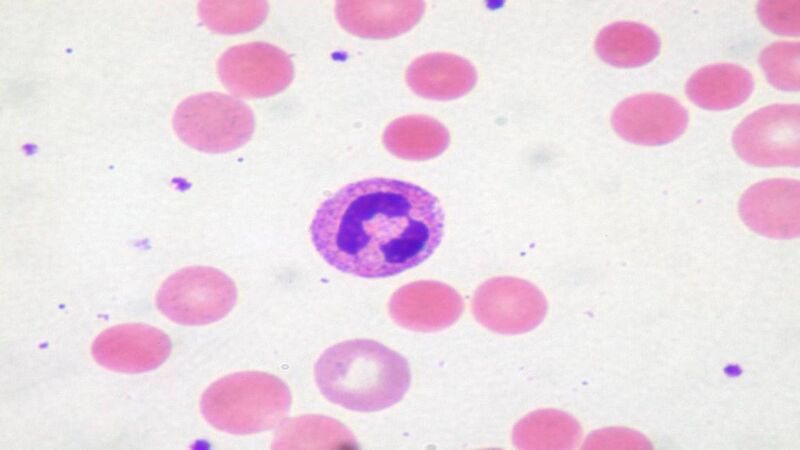Covid-19: Up to 50% of women due to have cervical smears missed out

'Evidence shows because of the typically slow progression of cervical cancer (five to 15 years) the beneficial outcomes don’t reduce if screening is delayed for six months'.
Up to half of the women who would normally have received a cervical smear missed out due to the lockdown conditions, the Health Committee heard today. Dr Noirin Russell, director of the CervicalCheck programme, said they hope to have extra staff and capacity to increase screening numbers next year.
“We have screened over 117,000 women in primary care in the programme to date this year," said Dr Russell. "We had an incredibly busy November, we screened 24,000 women. At the end of the year, we expect to have screened 50% of the women we would have expected to screen [pre-Covid-19].”










